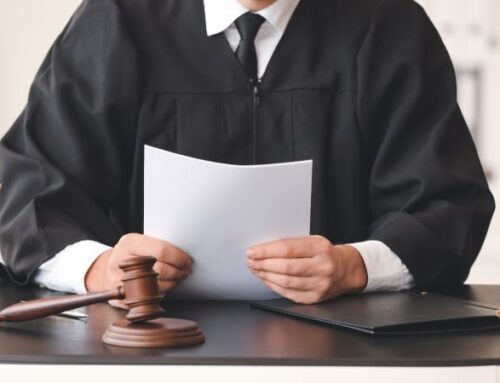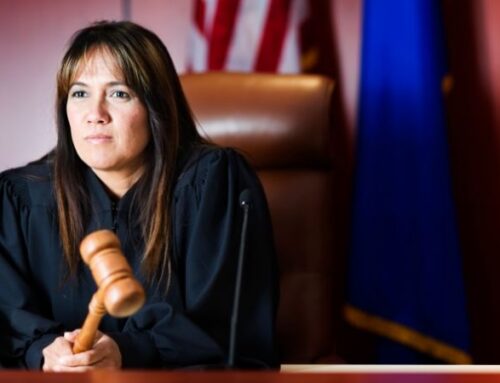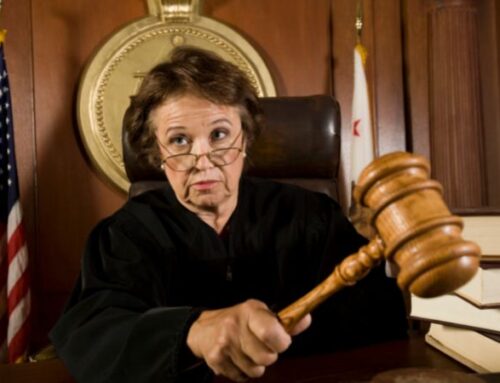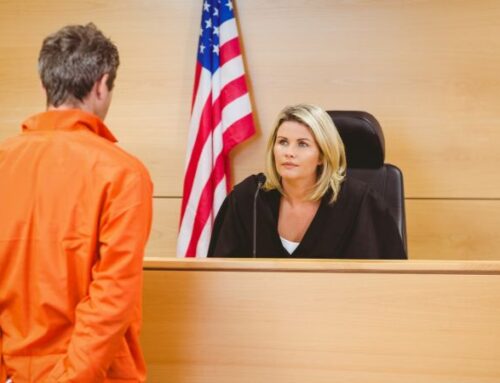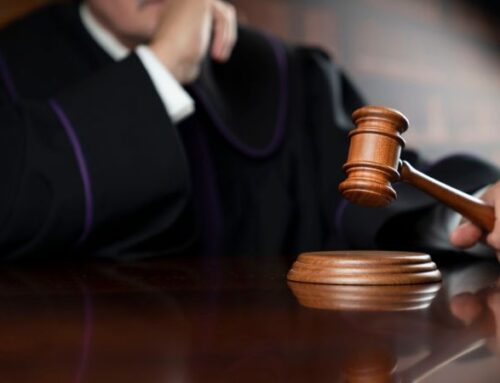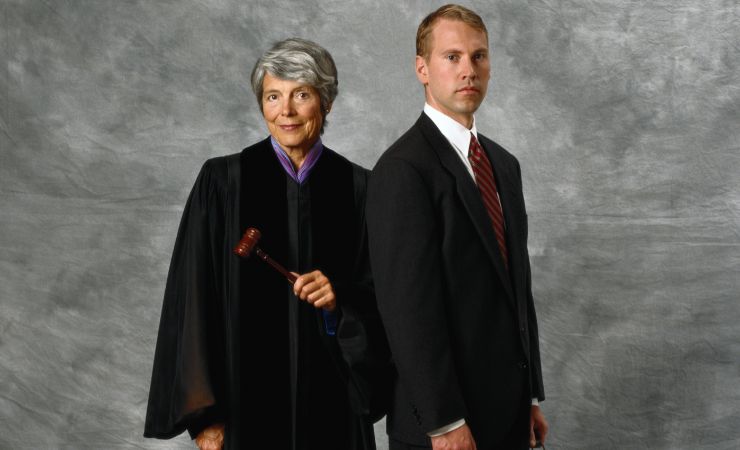
The question of who has more power between a private judge and a lawyer is not straightforward. Both play essential roles in the legal system. However, they each have different responsibilities and functions.
The Role of a Private Judge
First, one must understand the role of a private judge. A private judge is a retired or experienced attorney who acts as a neutral third party to help parties resolve their disputes outside of the public court system. Private judges are often used in alternative dispute resolution methods, such as mediation or arbitration. They help parties come to a resolution without going through the lengthy and costly court process. Private judges are chosen by the parties involved in the dispute. They have the power to make legally binding decisions that are enforceable in court.
Benefits of Private Judging
One of the benefits of using a private judge is that they can provide a faster resolution to a family law dispute. In contrast, the public court system can be prolonged due to the number of cases that judges handle. Additionally, private judges are often experts in specific areas of law. This means that they can provide more specialized knowledge and expertise to the parties involved in the dispute. In this sense, private judges may have more power than public judges. They can apply their specialized knowledge and experience to the dispute at hand.
Alternately, a lawyer is a trained legal professional who provides legal advice and representation to clients. Lawyers have many responsibilities, including advising clients on legal matters, drafting legal documents, and representing clients in court. Lawyers also have to act in the best interests of their clients. This means they have a certain amount of power when making legal decisions.
One of the main benefits of hiring a lawyer is that they can provide individually tailored legal advice and representation to their clients. As a result, lawyers can provide personalized advice and help clients navigate the complex legal system. Additionally, lawyers are trained to argue on behalf of their clients. This means they can effectively persuade judges and other legal professionals to see their client’s point of view.
Powers and Ethics
Regarding power, lawyers may have an advantage in specific legal contexts. For example, in a courtroom, lawyers can present evidence and make arguments on behalf of their clients. Additionally, lawyers have the power to negotiate settlements outside of court. This can often result in more favorable outcomes for their clients.
However, lawyers are subject to the legal profession’s ethical rules. This means they have a duty to act in the best interests of their clients. However, they also must uphold the law and maintain the integrity of the legal system. If a lawyer acts unethically, they can be subject to disciplinary action or even disbarment. This can severely limit their power and ability to practice law.
In comparison, private judges are not subject to the same ethical rules as lawyers. While they are expected to act impartially and neutrally, they do not have the same ethical duties as lawyers. This means they may have more freedom to make decisions based on their own judgment and expertise.
Dispute Resolution
When resolving disputes, both private judges and lawyers have their own unique strengths and weaknesses. Private judges can resolve a dispute faster and can bring specialized knowledge and expertise to the process. However, lawyers can provide tailored legal advice and representation to clients. They can also negotiate settlements and argue on behalf of their clients in court. Ultimately, it is up to the parties involved in the dispute to decide which option is best for their particular situation.
Therefore, it is essential for parties involved in a dispute to understand their options and the differences between private judges and lawyers before deciding how to proceed. By understanding the strengths and weaknesses of both options, parties can make an informed decision that is in their best interests.
FAQs
Q: What legal limits are imposed on private judges when making decisions?
A: While private judges are expected to provide their judgment and expertise, they still have to follow legal guidelines and make legally binding and enforceable decisions in court. Private judges cannot make decisions that go against the law. They must also ensure that their rulings comply with relevant statutes, regulations, and precedents.
Q: In what ways do lawyers have more power in criminal cases compared to civil cases?
A: In criminal cases, lawyers may have more power than private judges because they often represent defendants facing serious criminal charges. Lawyers can argue for their client’s innocence, negotiate plea deals, and present evidence to sway judges and juries. In civil cases, however, private judges may have more power than lawyers because they can provide a faster and more specialized resolution of disputes.
Q: How can parties ensure that private judges are impartial and unbiased?
A: Choosing a private judge known for their fairness, integrity, and neutrality is crucial. This ensures that the dispute resolution process is fair and just. Parties should look for private judges with a good reputation, extensive experience, and appropriate qualifications. They can also ask for references, check reviews, and consult with legal experts to find the most suitable private judge.
Q: How do lawyers become qualified to act as private judges, and what are their responsibilities?
A: Lawyers who wish to act as private judges must meet specific qualifications and requirements, which may vary depending on the jurisdiction. Typically, they must have extensive legal knowledge, experience, and training, as well as a proven track record of impartiality and neutrality. As private judges, lawyers ensure that the dispute resolution process is fair, just, and in compliance with legal standards. They must also maintain confidentiality, respect parties’ rights, and issue legally binding rulings.
Contact McCunn Law Today
At McCunn Law, we specialize in dispute resolution and can help you decide whether to use a private judge or a lawyer for your case. Our experienced team of legal professionals can provide you with tailored advice and representation to resolve your dispute quickly and efficiently. Contact us today for more information.

